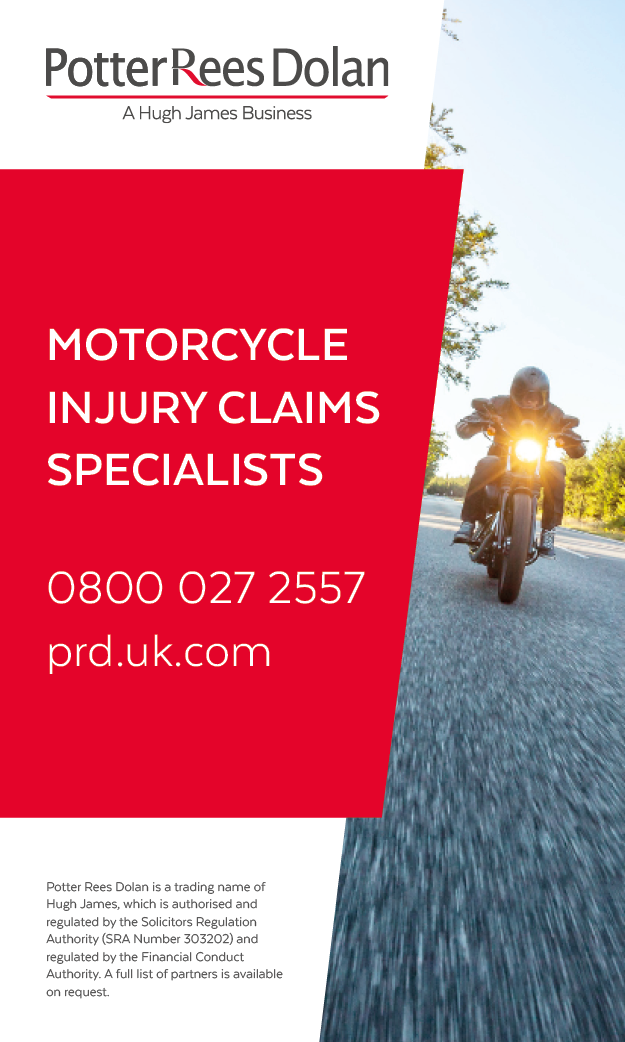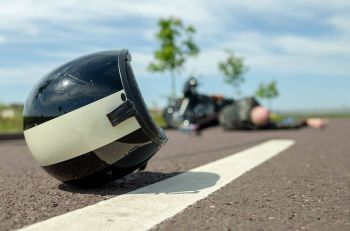Biggest Risks of Motorcycle Riding and How to Avoid Them
Posted on
If you’re travelling by road, then you’re at a small risk of suffering an accident. This risk varies depending on where you’re travelling, and by what vehicle. Statistically speaking, motorcyclists are in the greatest danger. When you’re on two wheels, you’re not only more likely to be involved in a collision – you’re also more likely to suffer injury and death. While you can claim compensation after suffering a serious brain injury, you can’t easily reverse the damage. 
For motorcyclists, therefore, taking the time to identify the biggest dangers is more than worthwhile. Let’s take a look at a few of the most notorious.
Biggest Danagers to Motorcyclists on the Road
Oncoming traffic is undoubtedly the biggest danager that motorcyclists face. If you’re involved in a head-on collision, then you’ll have be exposed to twice the force as if you’d hit the same object at double the speed (assuming that you’re travelling at the same speed as the other vehicle). While passengers and drivers in cars have a lot of protective structures around them, motorcyclists aren’t so fortunate. Even a minor impact can knock you off the bike.
Junctions are another source of danger. Drivers might not have noticed you – they have multiple demands on their attention when they’re waiting to turn. That’s assuming they haven’t taken the opportunity to take out their phones.
Overbraking is something that’s likely to throw you over the handlebars. While it might be nececssary to avoid a collission, sudden stopping is something that can pose a danger in itself.
Car doors are another thing that can take you out when they’re opened unexpecetedly. This is something that’s particularly troubling in cities.
Finally, we should worry about the condition of the road surface. Grit, gravel and rainwater can all reduce your traction. Gravel in particular can cause the bike to highside – which is a sudden and often deadly rotation of the bike.
How to Avoid an Accident
The easiest way to avoid an accident on your bike is to reduce your speed. The slower you’re going, the more easily you’ll be able to react to some of the threats we’ve mentioned.
You should also be sure that you’re wearing the appopriate safety gear. This includes a helmet, as well as boots, gloves, leathers and body armor.
You should also be sure that your bike is in good condition. This means regularly assessing your tyre pressures, changing the oils, and testing the brakes. If you’re practiced doing emergency stops. It’ll be less likely that you get thrown off. We should also mention that, in a disproportionate number of motorcycle casualties, drink-driving has been a factor. If you know you’re going to be getting in the saddle, then you should limit your alcohol consumption to zero. Don’t take any chances!
article supplied





